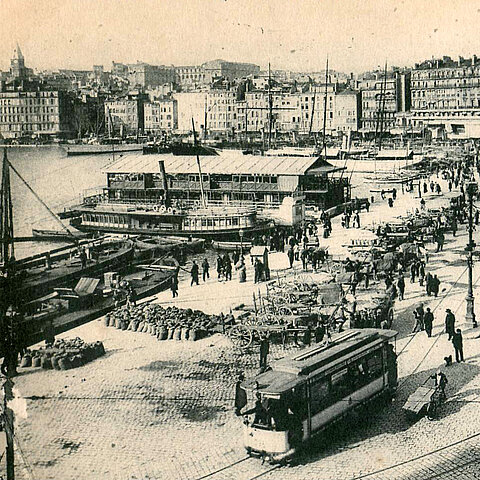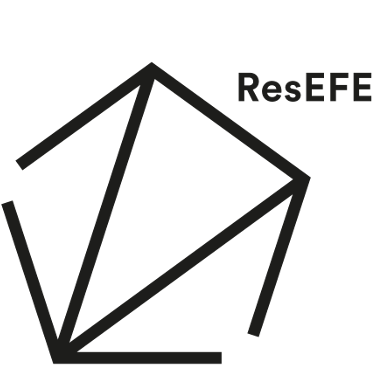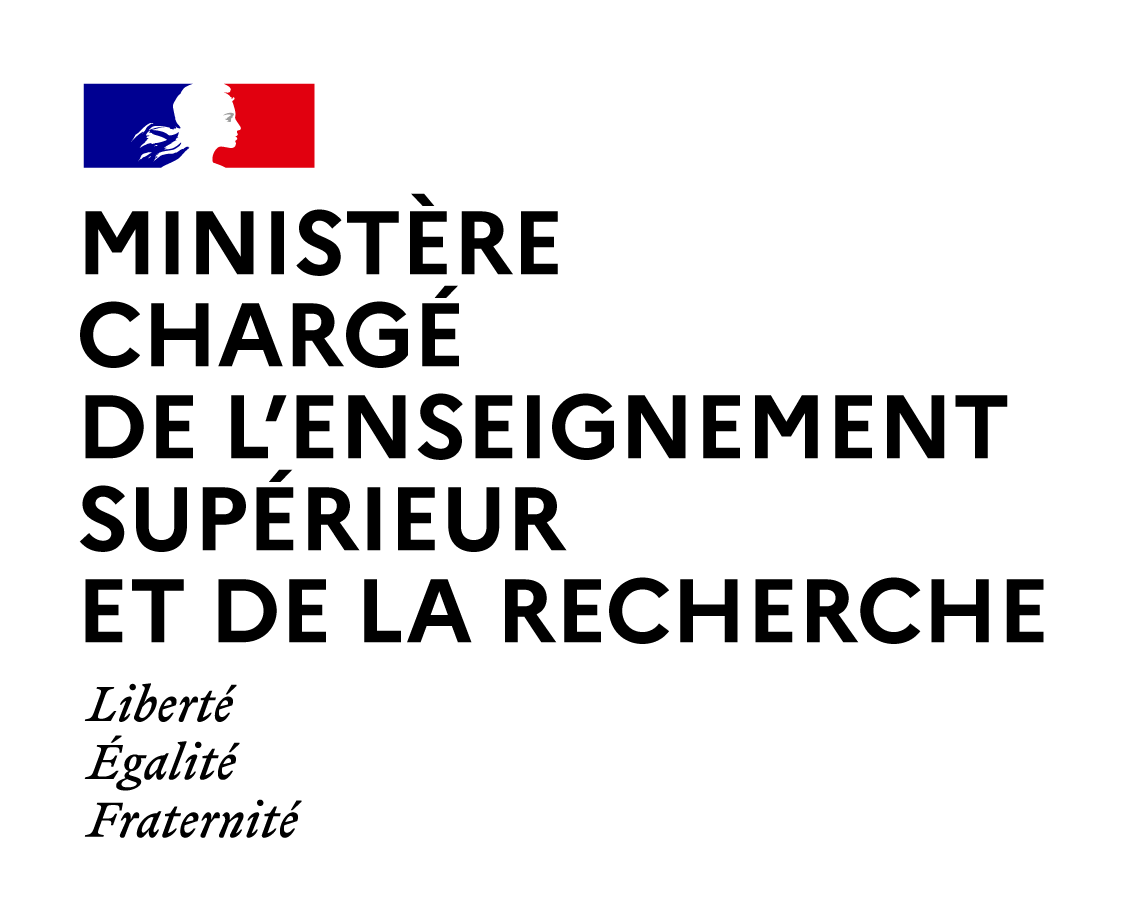Coord.: Zacarías Moutoukias (Université Paris Diderot)
Org.: École des hautes études hispaniques et ibériques (Casa de Velázquez, Madrid), École française de Rome, Universidad Internacional Menéndez Pelayo (UIMP), Fondation Maison des sciences de l’homme, Paris (FMSH), UMR 8236 (LIED, Université Paris Diderot), El Colegio de México, A.C. (COLMEX), Institut d'histoire économique « Paul Bairoch » (Université de Genève), Universidad Carlos III de Madrid, Instituto Figuerola de Historia y Ciencias Sociales (Madrid), UMR 5190 (LARHRA, Université Lumière Lyon 2)
Dates: from Monday, June 11th to Friday, June 15th of 2018
Location: Universidad Internacional Menéndez Pelayo Patio de Banderas, nº 9 - 41004 Sevilla
Registrations closed
Presentation
This workshop “History and Social Sciences: debates in Economic History”, follows the organization of its first edition in 2016. It is aimed at PhD students and young researchers. It intends to create a space to discuss and analyse some of the principal approaches in economic history.
Clearly inter-disciplinary in focus, it also intends to address the diversity of the ongoing academic debates —and to reflect the depth of renewal in this domain—about the relations between History and Social Sciences. In line with these objectives, the workshop encourages active the participation of the selected candidates so as to produce a collective scientific and methodological reflection on how History and Social Sciences relate to each other, and on research practices in different geographical contexts. To that end, the selected candidates will be invited to present and discuss their research projects within the frame of the workshop’s historiographical sessions, conducted by experienced specialists in each research fields.
The intention to organise a dialogue between Economic History, History and Social Sciences was triggered by the acknowledgement that each discipline—or area of specialisation—perceived the other through stereotypes. The difference between "Economic History" and "Narrative History" does nothing to explain these contrasts, for there has been considerable circulation of concepts and methods among the various domains of Economic History. The above mentioned renewal has reached all these areas — those using more mathematically-derived tools as well as those pursuing more qualitative and narrative practices. For this reason the organisers of the workshop seek to cast this dialogue over at least two historical periods.
Content
This year, the workshop’s overall objectives will be oriented towards the question of “Studying the economic actors: debates and approaches”. Economic History’s recent interest for actors profoundly renewed the methodology of the discipline and the dialogues across disciplines. The figure of the entrepreneur and his role obviously relate to Schumpeter’s analysis; but research in the last few decades has dramatically renewed its objectives in this field – across time and space. Research now aims to reinstate the cultural and social context of the activities of agents, ranging from shopkeepers to the migrants, and looks at the nature of their innovation and its circulation. In addition, the scope of our research in this field has broadened, including agents operating between public finances and companies, and experts in international organizations. This new focus is renewing our vision of the links between politics and economy, and invites to a micro-oriented approach of globalization. As a consequence, economic analysis is increasingly combined with approaches coming from anthropology, network analysis or biography…
Academic organization of the workshop
These themes will be organized into four sets of workshops and seminars – each set focussing on a historiographic approach -, led by recognized experts. The final round-table will tackle the use of quantitative and qualitative methods in the history of globalization.
Organisational committee
Juan Carmona
Universidad Carlos III de Madrid
Marta Craveri
Fondation Maison des Sciences de l’Homme
Juan Flores Zendejas
Université de Genève
Sandra Kuntz
El Colegio de México, A.C.
Pablo Martin-Aceña
Universidad de Alcalá
Manuela Martini
Université Lumière Lyon 2
Zacarías Moutoukias
Université Paris Diderot
Guest speakers
Mathieu Arnoux
Université Paris Diderot
Alexandre Fernandez
Université Bordeaux Montaigne
Juan Flores Zendejas
Université de Genève
Pablo Martin Aceña Manrique
Universidad de Alcalá
Manuela Martini
Université Lumière Lyon 2
Bartolomé Yun-Casalilla
Universidad Pablo de Olavide de Sevilla
Closure conference
Mercedes Cabrera
Universidad Complutense de Madrid
Conditions
The Universidad Internacional Menéndez Pelayo will welcome the 20 selected applicants from June 11th to June 15th of 2018.
The organization will provide the accommodation (shared twin bedroom) for 6 nights (from June 10th to 16th) for the applicants who request it and do not reside in Sevilla, as well as lunches and dinners (5 days). Transportation costs will be at the expense of the participants.
Languages used in the workshop: Spanish, French, English.
Students able to express themselves only in English must be able to understand Spanish or French.
Applicant profile: This call for applicants is aimed chiefly at PhD students and young researchers in Economic History and Social History. However, we also encourage applications from students of other specialised areas (History, Anthropology or Sociology) who wish to broaden their experience through acquaintance with the areas addressed in this workshop. The workshop also concerns 2nd-year Masters students whose research project is well advanced, and young PhDs having graduated within the past year.
Selection criteria: The 20 participants will be selected on the basis of their academic record, their profile and their knowledge of languages. Priority will be given to the applicants whose research studies fall within the main topics of the workshop. This is why they will be asked to submit a letter explaining the reasons for their application, and sketching the content of the paper they are planning to deliver at the workshop (max. 600 words).
Registration closed
From April 15h 2018, the applicants will be advised of the results of the selection, and the selected ones will be informed of the procedures.
After the workshop, these candidates will receive a certificate of attendance.
There is a registration fee of 80 € per student.


















